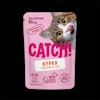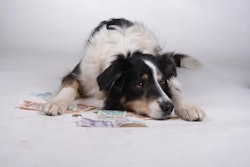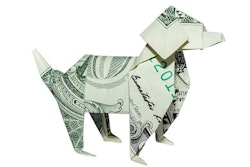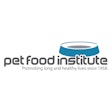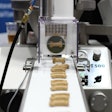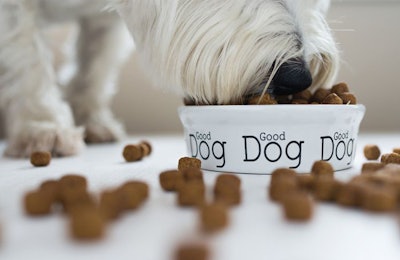
Pet food premiumization remained an influential trend in 2018. These five articles and blogs were the most read content related to premiumization on Petfood Industry’s website in 2018.
Two overlapping trends, both in full force for two decades, and both primarily marketing-driven, continue to frame the infusion of new products and services into the U.S. pet market: humanization and premiumization. Potent as these market drivers may be, they are now par for the course.
The U.S. pet product packaging market reached an estimated US$3.6 billion in 2017, with pet food and treats accounting for 86 percent of those sales. This data was revealed in a new Packaged Facts report, Pet Product Packaging Innovation, and it’s interesting that the percentage is more than double pet food’s share of the overall U.S. pet market, at 42 percent, according to figures from the American Pet Products Association.
Premiumization has been driving pet food market sales and growth for some time now, especially in developed markets but also increasingly in developing ones. For example, the average price per kilogram of pet food sold in China had increased to 48 CNY (US$7.22) as of the first quarter of 2017, up from about CNY40.5 ($US6.08) just three years ago, according to GfK, thanks to a rise in sales of products like natural and grain-free.
The conventional wisdom among experts tracking the dynamic Chinese pet food market is that pet owners in China prefer brands from outside the country, due to the perception that those products are safer and of higher quality than pet foods made in China. However, that situation may be changing, based on recent sales figures and reports by Chinese media.
Premiumization of pet foods contributed to shifting sales patterns for pet food packaging, wrote pet food industry analysts in Packaged Facts’ “Pet Product Packaging Innovation” report. Dog and cat food and treat packaging in particular have benefited from the trend towards premium products.

